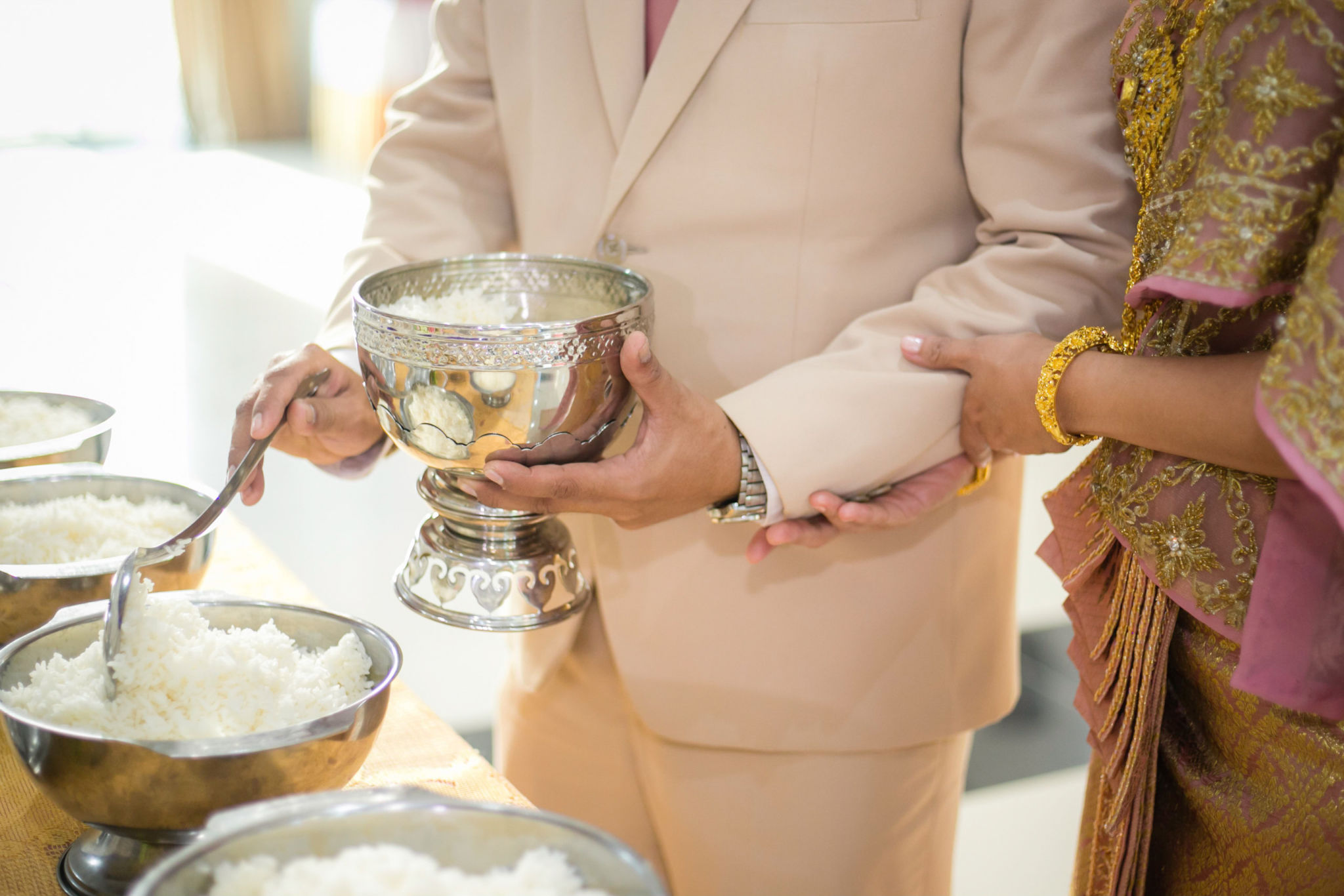Exploring the Cultural Significance of Thai New Year Gifts
Understanding Thai New Year: Songkran
The Thai New Year, known as Songkran, is celebrated annually from April 13th to 15th. This festival is not only a time of joy and celebration but also a period rich with cultural significance. One of the key aspects of Songkran is the tradition of gift-giving, which plays an essential role in the festivities. Understanding these traditions can provide insight into Thailand's vibrant culture and the values that underpin it.
Songkran is often associated with water fights, but its cultural roots run much deeper. The festival marks the beginning of the traditional Thai solar calendar and is a time for family reunions, religious ceremonies, and community gatherings. During this period, people engage in various activities that reflect their respect for their elders and their dedication to spiritual practices.

The Role of Gifts in Songkran
Gift-giving during Songkran is a cherished tradition that symbolizes respect, gratitude, and goodwill. It is customary for younger individuals to present gifts to their elders as a gesture of appreciation and reverence. These gifts often include practical items, such as toiletries or household goods, designed to make the recipient's life more comfortable.
In addition to practical gifts, food items are also popular choices for Songkran gifts. Traditional Thai sweets, fruits, and delicacies are commonly exchanged. These offerings are not only a treat but also represent the sharing of prosperity and abundance during the New Year.

The Cultural Significance of Songkran Gifts
Songkran gifts carry deep cultural significance beyond their material value. They are expressions of filial piety and communal harmony. By giving gifts, individuals strengthen family bonds and reaffirm their commitment to community values. This practice highlights the importance of relationships in Thai culture and the emphasis placed on respect and care for one's elders.
Moreover, the act of giving itself reflects Buddhist teachings prevalent in Thailand. Buddhism emphasizes generosity as a virtue and an essential part of one's spiritual development. Through gift-giving, Thais practice dana, the Buddhist concept of giving, which fosters a spirit of selflessness and compassion.

Modern Interpretations and Practices
While traditional gifts remain popular, modern interpretations have also emerged. In urban areas, younger generations may choose to give more contemporary gifts such as gift cards or personal care products. Despite these changes, the underlying principles of respect and gratitude endure.
The evolution of Songkran gift-giving reflects Thailand's ability to blend tradition with modernity. This adaptability ensures that cultural practices remain relevant and meaningful to successive generations. Thus, while the forms of gifts may change, the spirit of Songkran remains resilient.
Tips for Choosing the Perfect Songkran Gift
When selecting a gift for Songkran, it is important to consider the recipient's preferences and needs. Here are some tips for choosing the perfect Songkran gift:
- Consider Practicality: Choose items that will be useful to the recipient.
- Embrace Tradition: Include traditional foods or sweets as part of your gift.
- Add a Personal Touch: Personalizing your gift can make it more meaningful.

Conclusion
Exploring the cultural significance of Thai New Year gifts offers valuable insights into Thailand's rich traditions and values. Through this practice, Thais express their respect for elders, strengthen family ties, and embody Buddhist teachings of generosity. Whether through traditional or modern gifts, Songkran remains a testament to the enduring cultural heritage of Thailand.